
Craig started as a computer science major and ended up one of the top sales people in Canada, with a best-selling sales book to his name.
How did this happen? And what can you learn from this for your business (and your life)?
In this episode, learn:
- What’s considered a mild winter in Calgary.
- How he jump started his sales career, even though he didn’t seem qualified on paper. (And how he reflected on this later and the realization it led to.)
- Craig’s primary sales philosophy: How do I become the first person people call when they have a problem?
- Where to look for great sales reps.
- Why he had a lot of price objections when he started, and what he did about it.
- What he did after he joined WorldCom just as 9/11 was happening, and then, after he became their top sales rep, what happened when everyone realized the execs had committed accounting fraud. It was the first time no one would buy from him.
- Craig’s 3 big epiphanies about sales:
- The Window of Disatisfaction
- Trigger Events (and typical examples)
- Analyzing wins (and why it’s more important than the typical sales advice of “even if you lose the deal, don’t lose the lesson”)
- Why you need to use verbs instead of nouns (with some great examples from trucking companies to marriages), and what you want to hear as a response.
- Why you want to ask “how?” and “what?” rather than “why?” questions (speaking of advice that can also apply to marriages).
- Why Craig ended up living on Yerba Buena Island in the middle of San Francisco Bay (I always wondered who actually lived there whenever I drove over the Bay Bridge).
- And much, much more. Even though I had read Craig’s book, I learned a ton, and I think you will, too.
The Wine
After my forced experiment with rosé in the last episode, I’m back to reds with Parducci True Grit Reserve Petite Syrah 2014 from California, while Craig enjoyed some Tom Gore 2016 Cab, his favorite California Cabernet Sauvignon.
Where to find Craig:
Craig’s Book:
Shift! Harness the Trigger Events that Turn Prospects into Customers
Other books mentioned in the episode:
Consultative Selling, by Mack Hanan.
And, my weakness in Russian literature is obvious. The quote about happy families is not from Dostoyevsky. It’s Tolstoy– in fact it’s the beginning of Anna Karenina:
“Happy families are all alike; every unhappy family is unhappy in its own way.”
Where you can find Reuben: @Sales4Nerds, @Mimiran, Mimiran.com (the easy CRM for people who are awesome at serving clients but would love some help getting more). You can also listen on Overcast, or Subscribe on Android, or Player.fm.
Get alerted when there are new episodes (1x/month):
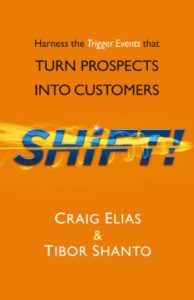
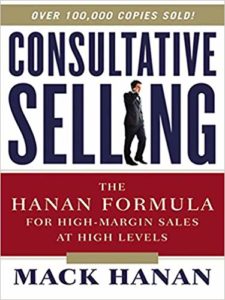
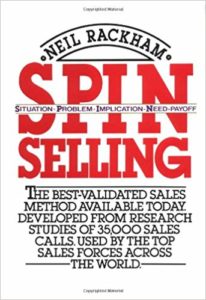
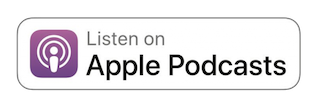
 Joy Beatty insists she is not a VP of Sales. Or Marketing. Even though she runs both teams for Seilevel, a requirements consulting firm that helps companies complete big software project successfully by actually having the right requirements in place. (For people who have never been involved in these big projects, this probably sounds crazy. For people who have, you know how important it is.)
Joy Beatty insists she is not a VP of Sales. Or Marketing. Even though she runs both teams for Seilevel, a requirements consulting firm that helps companies complete big software project successfully by actually having the right requirements in place. (For people who have never been involved in these big projects, this probably sounds crazy. For people who have, you know how important it is.)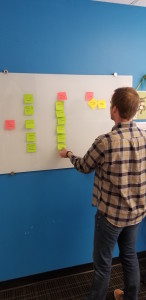



 Terry is the President of Hansen Group Company, a sales performance improvement firm, and the creator of Hansen University, an online training platform with over 60 hours of online courses for sales professionals and sales managers. For over a decade, Terry has helped enterprises, nonprofits and startups find more prospects, close more deals, and retain customers longer. Terry and his wife have 5 kids, so that might be an even more impressive insight into his organizational skills. 😉
Terry is the President of Hansen Group Company, a sales performance improvement firm, and the creator of Hansen University, an online training platform with over 60 hours of online courses for sales professionals and sales managers. For over a decade, Terry has helped enterprises, nonprofits and startups find more prospects, close more deals, and retain customers longer. Terry and his wife have 5 kids, so that might be an even more impressive insight into his organizational skills. 😉 Reuben enjoyed a Los Frailes Sinergia Cabernet Sauvignon from 2014. It’s an organic wine, that started with a strong “this is an organic wine” taste (can someone tell me what that is?), but having a glass the day after I opened it, that taste was mostly gone, and what was left was a very smooth cab (I would have thought it was a different grape, if you’d asked me).
Reuben enjoyed a Los Frailes Sinergia Cabernet Sauvignon from 2014. It’s an organic wine, that started with a strong “this is an organic wine” taste (can someone tell me what that is?), but having a glass the day after I opened it, that taste was mostly gone, and what was left was a very smooth cab (I would have thought it was a different grape, if you’d asked me). Vanessa Van Edwards is lead investigator at the
Vanessa Van Edwards is lead investigator at the 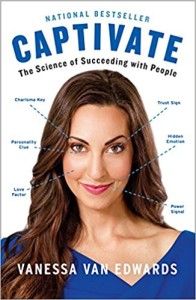


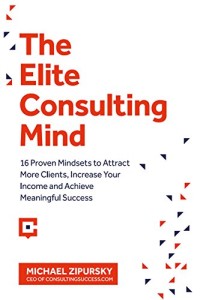

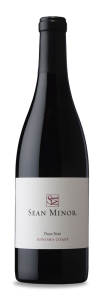
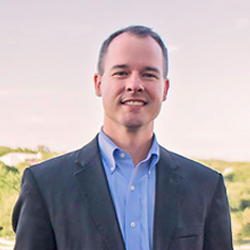
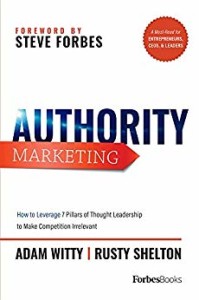 Authority Marketing: How to Leverage the 7 Pillars of Thought Leadership to Make Competition Irrelevant
Authority Marketing: How to Leverage the 7 Pillars of Thought Leadership to Make Competition Irrelevant Monte Real Rioja 2009 from Spain. Delicious, a bit of BBQ and smoke. Feels right at home in the Texas summer.
Monte Real Rioja 2009 from Spain. Delicious, a bit of BBQ and smoke. Feels right at home in the Texas summer.
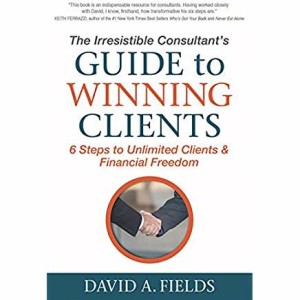
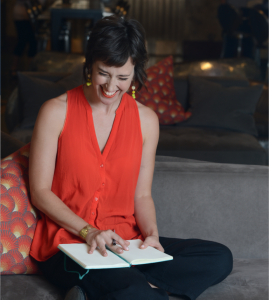



 Venge Vineyards 2015 Stagecoach Syrah
Venge Vineyards 2015 Stagecoach Syrah